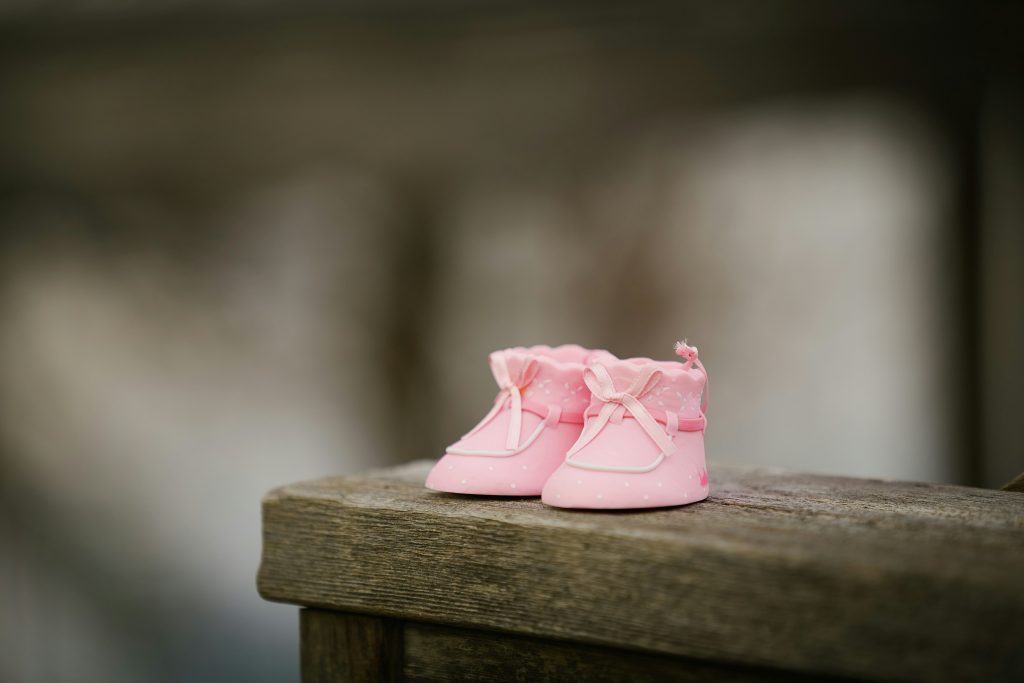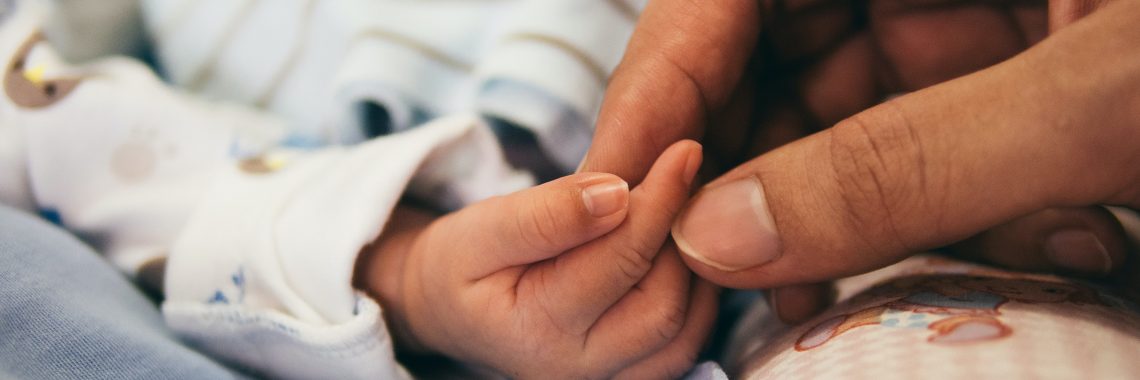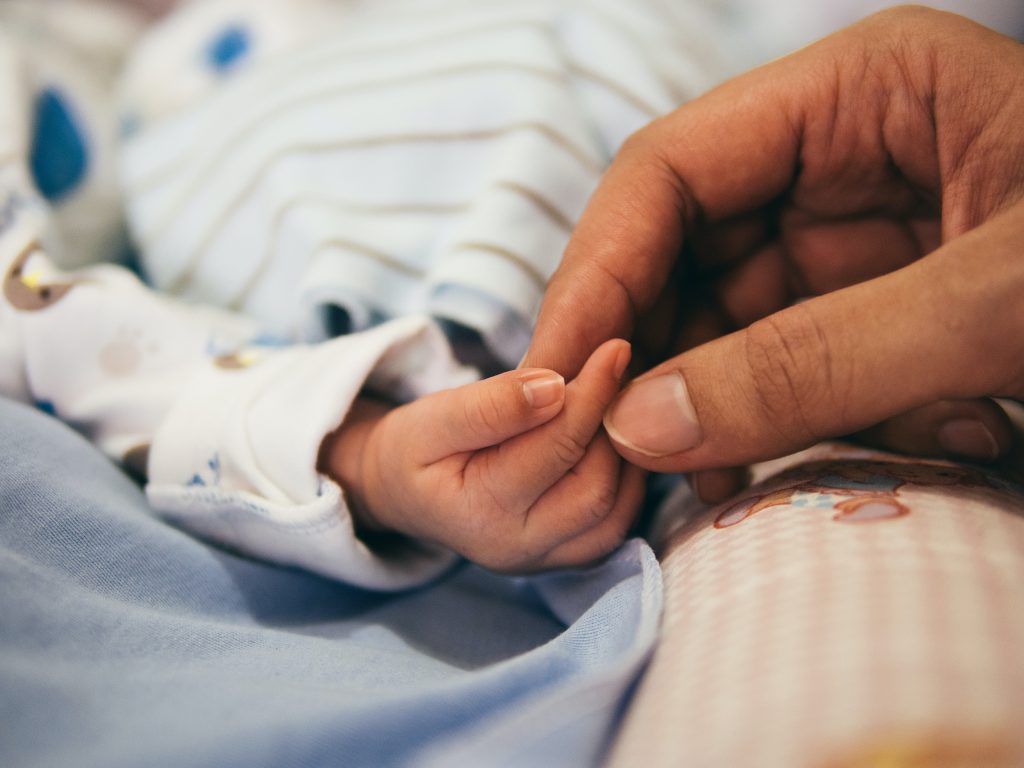Ohio House Passes Pro-Life “Baby Olivia” Bill Similar to Arkansas Measure
On November 19, the Ohio House of Representatives passed a bill that would help educate public school students about unborn children.
Ohio House Bill 485, The Baby Olivia Act, makes it possible for public school students to see a recording of a high-definition ultrasound video as well as Live Action’s computer-animated “Meet Baby Olivia” video that teaches about human development from conception to birth.
Ohio’s bill is nearly identical to legislation proposed and passed in Arkansas earlier this year.
H.B. 1180, The Baby Olivia Act, by Rep. Mary Bentley (R — Perryville) and Sen. Clint Penzo (R — Springdale) would have let public school students in Arkansas see an ultrasound recording and watch the Baby Olivia video as part of sex education and human development courses.
Arkansas’ Baby Olivia Act passed with overwhelming support in the Arkansas House, but it failed repeatedly in the Senate Education Committee.
Fortunately, the Arkansas Legislature did eventually pass S.B. 450 by Sen. Breanne Davis (R — Russellville) and Rep. Kendra Moore (R — Lincoln). The law does not reference the Baby Olivia video, but it does let public school students see a recording of a high-definition ultrasound and learn important facts about how unborn children develop in the womb.
Ultrasound images help demonstrate that unborn children are human beings.
Very few medical advancements have done more to change hearts and minds on abortion than ultrasound technology. In fact, research has shown that some women are less likely to have an abortion if they see an ultrasound image of their unborn child.
With that in mind, it’s good for states like Arkansas to pass laws teaching students about unborn children.
Below is the “Meet Baby Olivia” video by Live Action that Ohio House Bill 485 would let public schools show to students.
Articles appearing on this website are written with the aid of Family Council’s researchers and writers.





